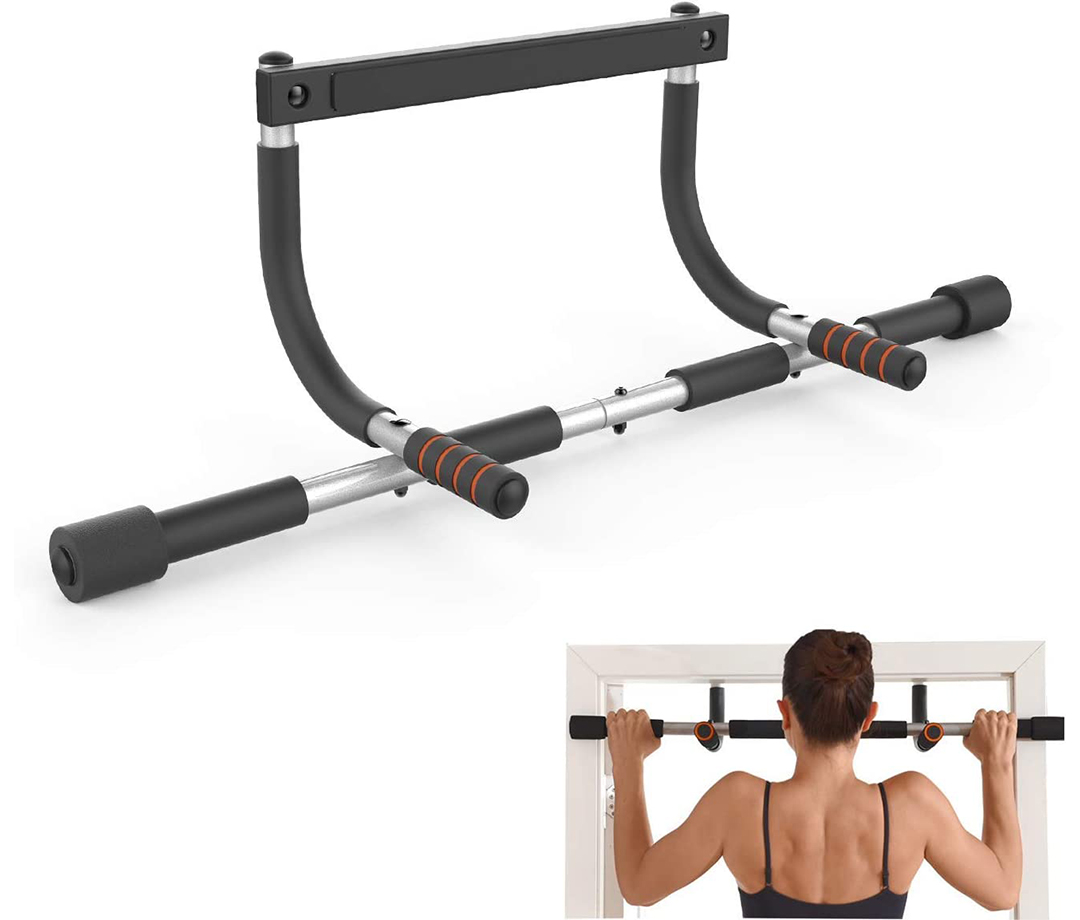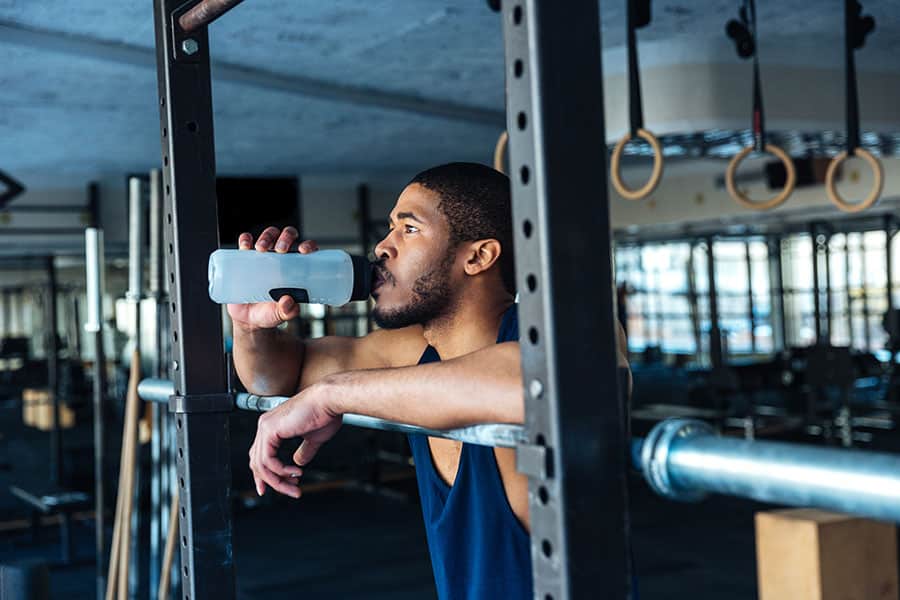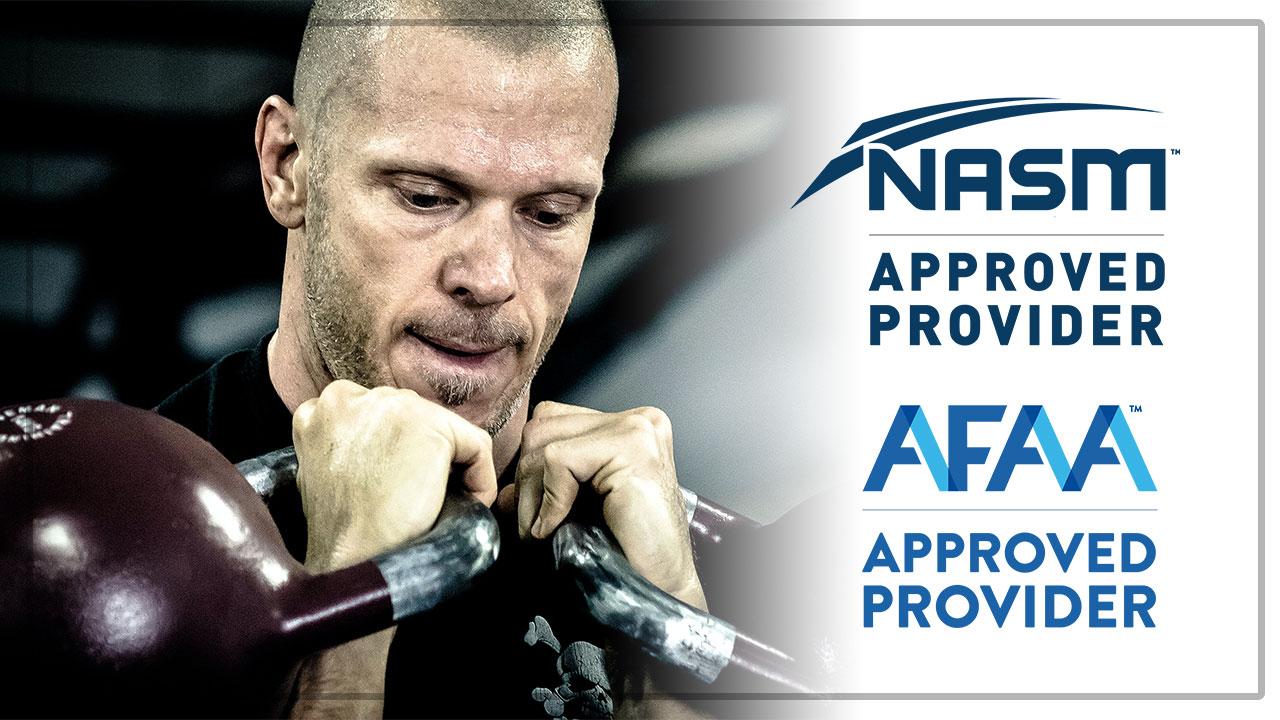
You may be wondering what amount of space you need to run in your shoes. Your feet should be able to move freely and not slip uncontrollably. When purchasing a new pair, two things to be aware of are the toe width and the heel fit. You can't run in a shoe that pops out or slides around uncontrollably.
Toe-box length
Running shoes need to be measured at the toe box. Blisters can be reduced by choosing shoes that fit well and have a large toebox. Swelling can also affect the length of your toe box. You can either use toe socks or tape your toes to get an idea of how much space is required in the toebox.
Your longest toe should be at least one thumb's length from the toe box of running shoes. Some people consider this the second toe. You need the extra space to allow your foot room to spread while you run. A shoe that fits too tightly could lead to rubbing or a blister.
Get your Heels on!
A pair of running shoes should have extra space for your toes when you're looking for a new pair. The toe-box of the shoe should be about a thumb's width longer than your longest toe. This extra space will allow your foot to spread while running and absorb the impact of each step.

You should wear the correct size socks when you are trying on shoes. It can hinder your ability to fit the shoes if the socks you choose are too thick. You should also remember that your foot can swell during the day so you may want to try the shoes on in afternoon rather than in morning. The toe box must be tight but not too tight. The heel should be able slide easily.
Toe-box width
Running shoes' toe box width should be one-thinth wider than the longest toe. Some people have long toes and will need extra room. This extra room will allow your foot to spread out more when you run. Your toe box should also have a little more space because your feet might swell from running.
Your foot's toe-box width will help determine the type of running shoes that are right for you. Narrow toe boxes mean there is less room for your toes, and wider feet could rub against the sides of a shoe. Wide toe boxes give you more space around your toes and the ball of your foot.
Shoe width
When shopping for running shoes, one of the most important questions to ask is "How much space is there in my running shoe?" A proper shoe size should have a space of half to full thumb between your longest toes and the end. The shoe should not slip or cause your heel to pop out during running. Your foot should fit snugly, without rubbing on the heel or toes.
You will need to take off the insoles to measure the size. Next, take off the insoles and put on socks. It will feel comfortable if the shoe fits comfortably with socks. Also, if you have bunions, you'll want a shoe with more room for your toes.

Slippage in the heel
Heel slippage can be frustrating if you have ever experienced it. This can occur while you are walking or running, and can cause serious injury if it happens. There are a few things you can do to avoid heel slippage.
A shoe that fits well is the best way for you to avoid heel slippage. Running shoes should allow about a thumb's breadth of space around the heel. But, be aware that there is some room for wiggle room. This will help the shoe withstand impact and prevent heel slippage. You should remember that shoes may not fit every foot in the same way and you might need to adjust your shoe's fit.
FAQ
What is exercise good for?
Exercise can help you lose weight. Build muscle mass, increase energy, reduce stress, and improve quality of your sleep. You will experience improved moods and self-esteem as well as increased productivity and a lower risk of developing heart disease.
What happens if I don’t get enough sleep?
If you don't get enough sleep, your brain doesn't receive the signals needed to regulate hormones and chemicals in regulating appetite and metabolism. You may also gain weight and overeat. Insufficient sleep can lead to stress, which can cause overeating.
What is the importance of good nutrition?
Our health and well-being depends on our nutrition. A healthy diet includes fruits, vegetables, whole grains, lean protein, and dairy. Being active and eating healthy foods can help us be more fit, which results in better overall health.
Exercise can I help me lose weight
Yes. Regular exercise is a great way to lose weight. Regular exercise can help you burn calories even when your metabolism is not high.
How nutrition and exercise can make your life better.
Exercise helps you to stay healthy, lose weight, gain muscle mass, and reduce stress. Nutrition is essential for energy, sleep and mood as well as overall health. For a longer life expectancy, reduce your intake of meat and alcohol, smoke less, and exercise regularly.
Statistics
- According to the Centers for Disease Control and Prevention, chronic diseases cause 7 out of 10 deaths in the U.S., and treating chronic diseases accounts for 86% of U.S. healthcare costs. (mana.md)
- Globally, 28% of adults aged 18 and over were not active enough in 2016 (men 23% and women 32%). (who.int)
- Adolescent girls were less active than adolescent boys, with 85% vs. 78% not meeting WHO recommendations of at least 60 minutes of moderate to vigorous intensity physical activity per day. (who.int)
- Globally, 81% of adolescents aged 11-17 years were insufficiently physically active in 2016. (who.int)
External Links
How To
How to Burn Belly Fats Faster
When we are trying to lose weight, belly fat is often seen as a problem. It's actually a good thing, in fact. Your organs are protected from being damaged by excess belly fat. Let's now see how to quickly lose belly fat.
Stress and inactivity are two of the major factors that cause us to store body fat. Because of its stimulation of the production hormone cortisol, stress can make us feel hungry continuously. Cortisol increases insulin levels in our blood. The excess calories are stored as fat by insulin. A lack of sleep leads to adrenaline being released into the system which causes an increased appetite. These extra calories are broken down through exercise.
There are many options to reduce belly weight. You can choose to try any of these options, depending on your budget. These are some ways to quickly lose belly fat.
-
Eat less food. Instead of eating three large meals per day, try to eat smaller meals. You will eat less calories in general.
-
Drink plenty of fluids. Water flushes out toxins in your body and helps you stay hydrated. Drinking water prior to every meal will ensure that you are satisfied for longer periods of time and won't eat too much.
-
Avoid unhealthy snacks. If you're looking for quick fixes, snack foods like chips, cookies, candies, etc. These tempting snacks might look appealing. These fattening treats are best avoided as they have too many empty calories and sugar. Choose healthy alternatives like fruits and vegetables, nuts, seeds, whole grains, and seeds.
-
Strength training should be done at least three times per week. Strength training builds muscle mass which burns more calories even while resting. It also strengthens bones, muscles, ligaments, tendons, the heart, lungs, and joints.
-
Move regularly and stretch. Stretching is a great way to increase flexibility and mobility. This helps reduce back pain. Walking is great for burning calories, especially brisk walking for 30 minutes.
-
Reduce alcohol intake. Reduce alcohol intake. Alcohol is a waste of calories and has no nutritional value.
-
Reduce your weight gradually. To lose weight, the first step is to determine what your current weight. Add 5%-10% of your total bodyweight to calculate your ideal size. Once you have determined your ideal weight, you can start to reduce your calorie intake by 500-1000 calories per day until you reach it.
-
Avoid processed food. These foods are high in salt, sugar, preservatives, and other harmful ingredients. These processed foods are often convenient, but they lack enough nutrients for good health.
-
Don't skip breakfast! Consuming breakfast increases concentration, memory and energy levels. You should have protein (such as eggs) and fiber (such as oats) for breakfast.
-
Have regular bowel movements. Constipation or irregularity can lead to gas and bloating. This can be prevented by drinking plenty of water and increasing fiber intake.